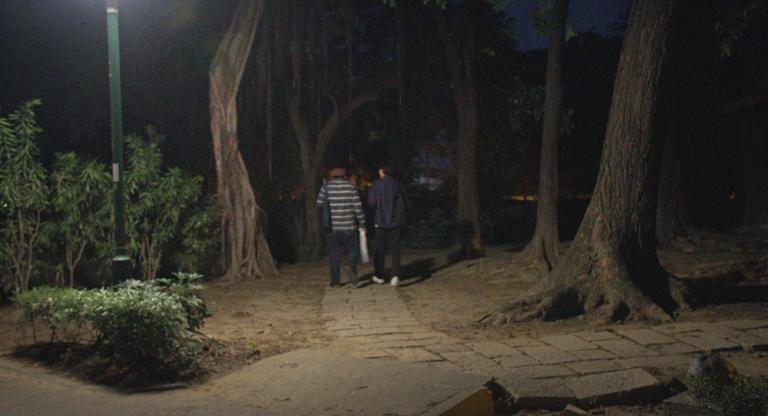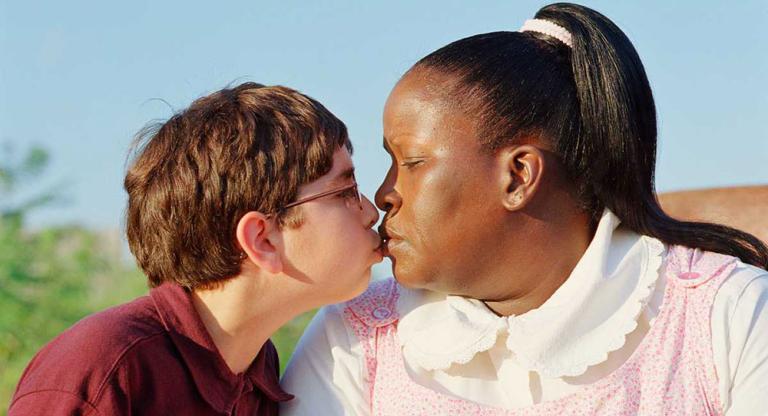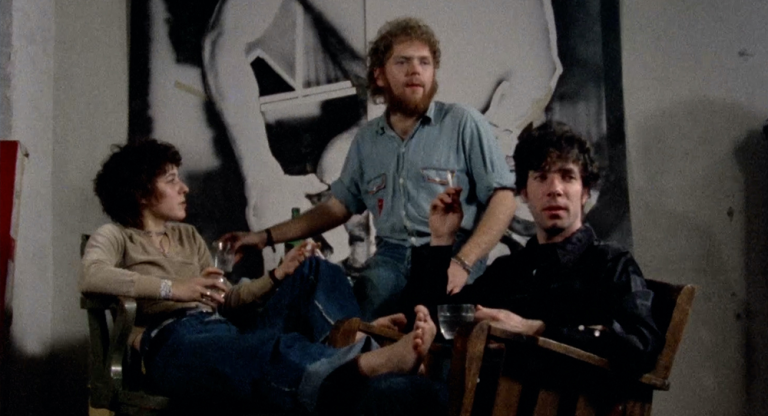
Viewers familiar with Beth B's filmography might recognize Ida Applebroog's name: the artists collaborated on the 1989 short film Belladonna. Others may associate Applebroog’s name with deeply personal feminist art. These two sides of Applebroog -- artist and mother -- come together in her daughter Beth B’s revealing documentary Call Her Applebroog .
Making a film about a parent can’t be easy, but the daughter's uniquely intimate portrait of her mother provides revealing insights into Applebroog’s life and work and the relationship between the two women. Applebroog, born to Polish Orthodox Jewish emigres in the Bronx, had a tough childhood in which she retreated into herself and nurtured her artistic nature. In the 70s, Applebroog came into her own as a New York feminist artist, earning a MacArthur Genius Grant in 1998, and the film gives many opportunities to view her art: from paintings, to paper-cut outs, to her series of sketches of her own vagina, done sitting in a bathtub.
Between the discussions about her art, we learn more about Applebroog’s life, and this is where the comfort between artist and subject is most beneficial. Because of their intimate relationship, Ida feels comfortable not only answering Beth’s questions, but also cutting her off, showing her irritation with her daughter’s questioning, and, at one point flat-out ending the interview by saying “May I please end on that? I need to go.” Beth leaves these moments in the film to paint a portrait of her mother that is truthful and inspiring.
Much like Chantal Akerman’s film from earlier this year, No Home Movie, Call Her Applebroog is at once an intriguing portrait of an artist, and even more interesting, a portrait of the artist and her mother; Beth B explores the relationship between mother and daughter, one that informs both women’s work at some level. Call Her Applebroog premieres this week at Metrograph, and it's accompanied by a retrospective of Beth B’s full-length and short works.


